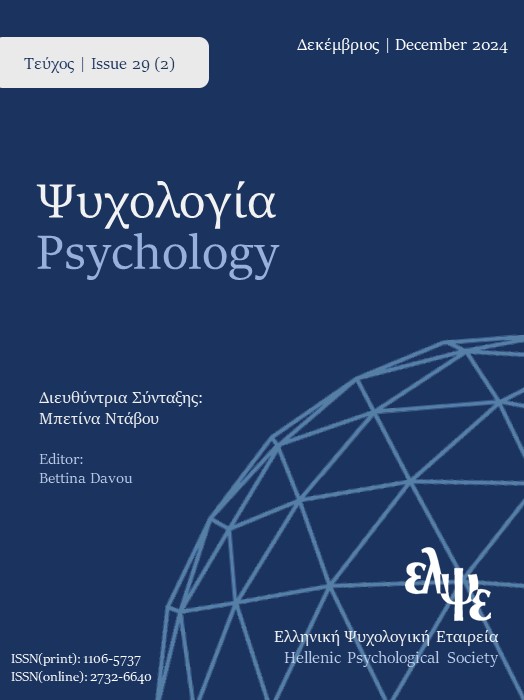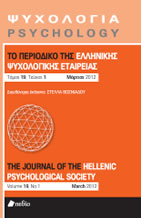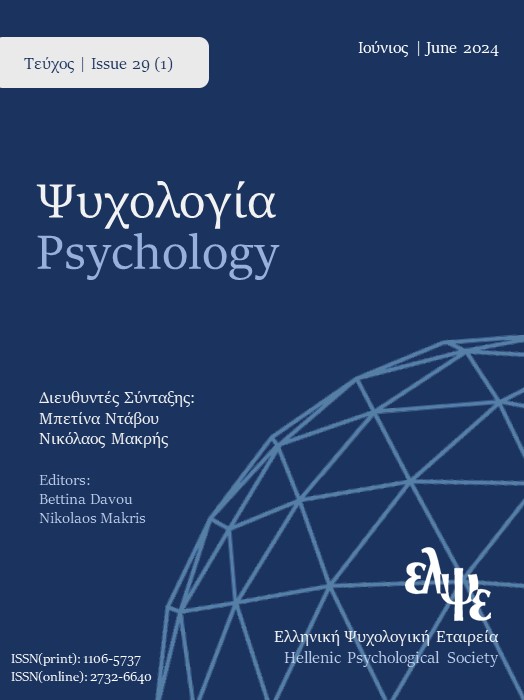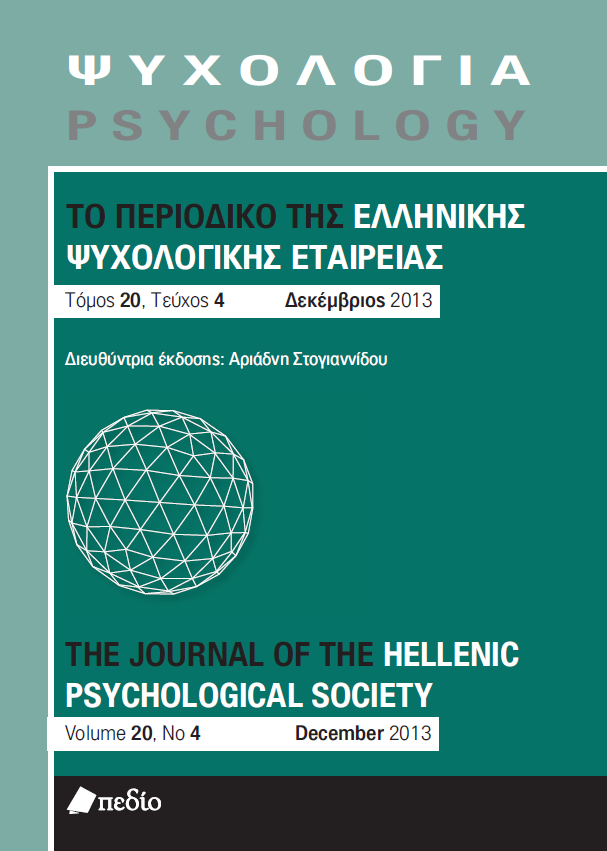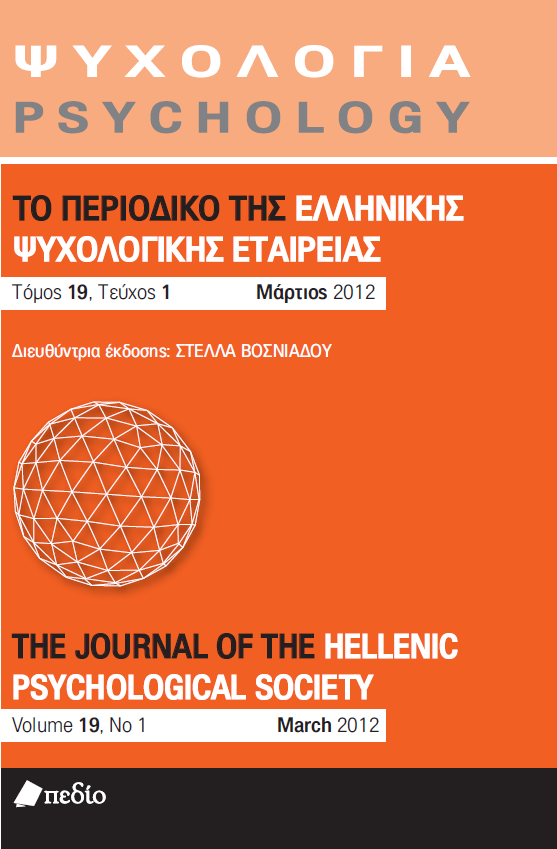Developments and conflicts regarding the classification of mental disorders in DSM-5: A review of the scientific dialogue and critique
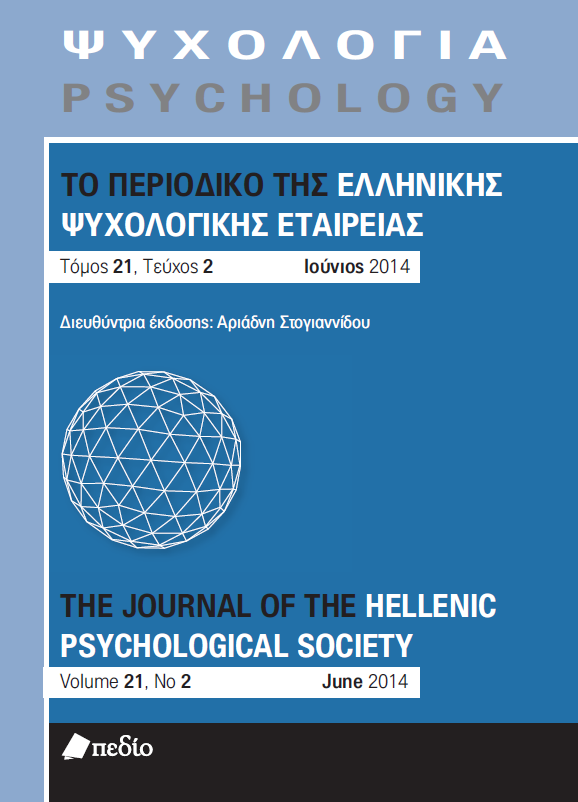
Abstract
The fifth edition of the Diagnostic and Statistical Manual of Mental Disorders (DSM- 5) was released by the American Psychiatric Association in May 2013 and has provoked a broad scientific discussion, since it entails significant changes in relation to its previous editions. The current paper offers a review of this discussion, with emphasis on the main changes that are under dispute. Initially, we discuss the developmental course of the various editions of the DSM, the main principles and practices of the current edition as well as the main points of critique against it. We then examine in more detail some significant changes in particular diagnostic categories and their expected implications for the diagnosis and treatment of these mental disorders. In conclusion, the main critique against DSM-5 is that it seems to intensify the medicalisation of mental disorders, which characterises its latest editions, to pathologise a range of everyday experiences and behaviours, and to broaden the diagnosed population, especially to children and the elderly, expanding possibly the use of medication to new age groups.
Article Details
- How to Cite
-
Μούτσου Ε., & Γεωργάκα Ε. (2020). Developments and conflicts regarding the classification of mental disorders in DSM-5: A review of the scientific dialogue and critique. Psychology: The Journal of the Hellenic Psychological Society, 21(2), 130–148. https://doi.org/10.12681/psy_hps.23272
- Issue
- Vol. 21 No. 2 (2014)
- Section
- COMMENTARY

This work is licensed under a Creative Commons Attribution-ShareAlike 4.0 International License.
The journal PSYCHOLOGY adopts a Platinum open-access policy. Submission, processing or publication costs are waived by the Hellenic Psychological Society. Papers published in the journal PSYCHOLOGY are licensed under a 'Creative Commons Attribution-ShareAlike 4.0 International' licence. The authors reserve the copyright of their work and grant the journal the right of its first publication. Third-party licensees are allowed to use the published paper immediately after publication as they wish, provided they retain the defined by the license copyright formalities, regarding the reference to its author(s) and its initial publication in the journal PSYCHOLOGY. Moreover, any adjusted work should be shared under the same reuse rights, so with the same CC license.



